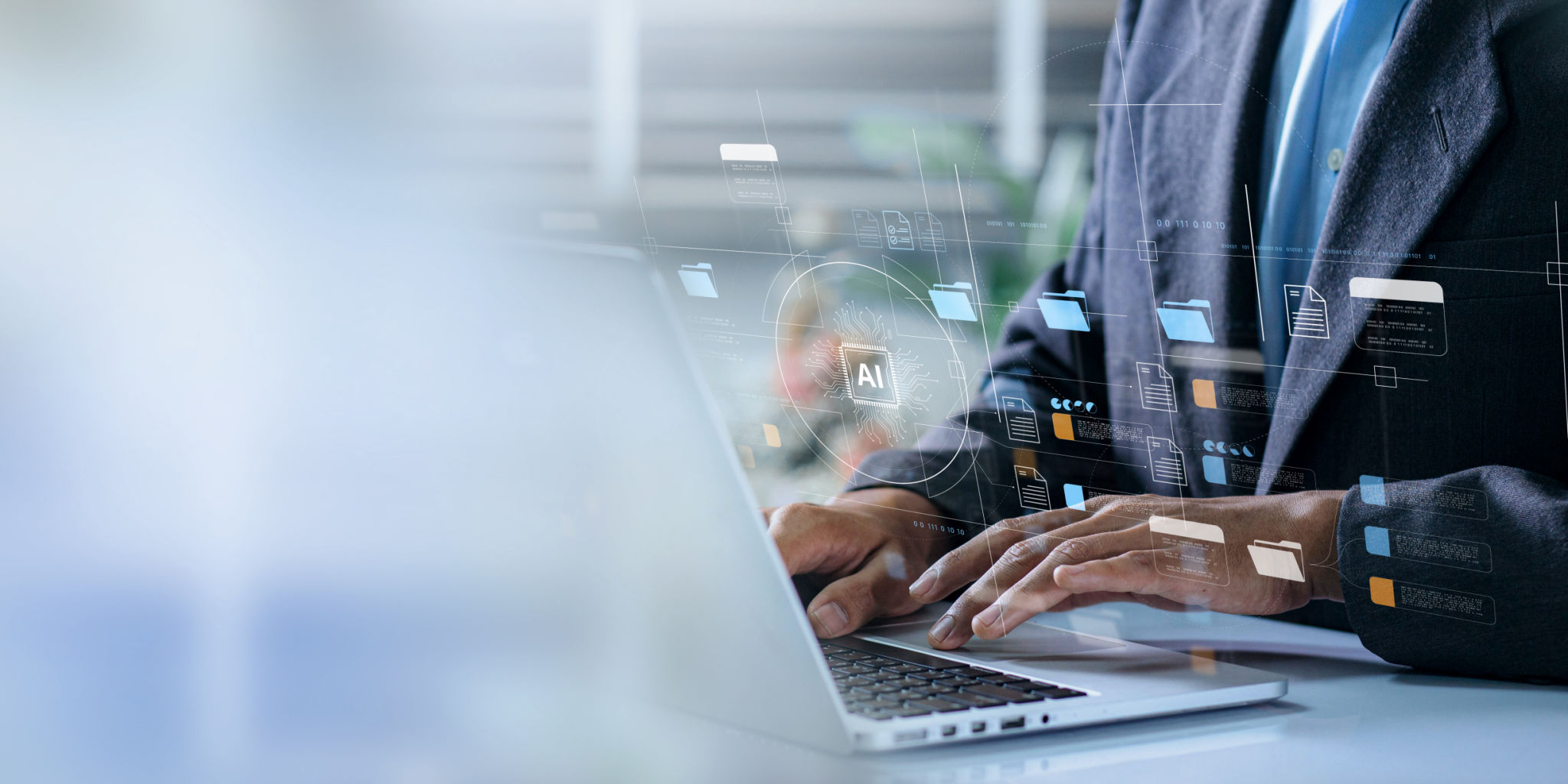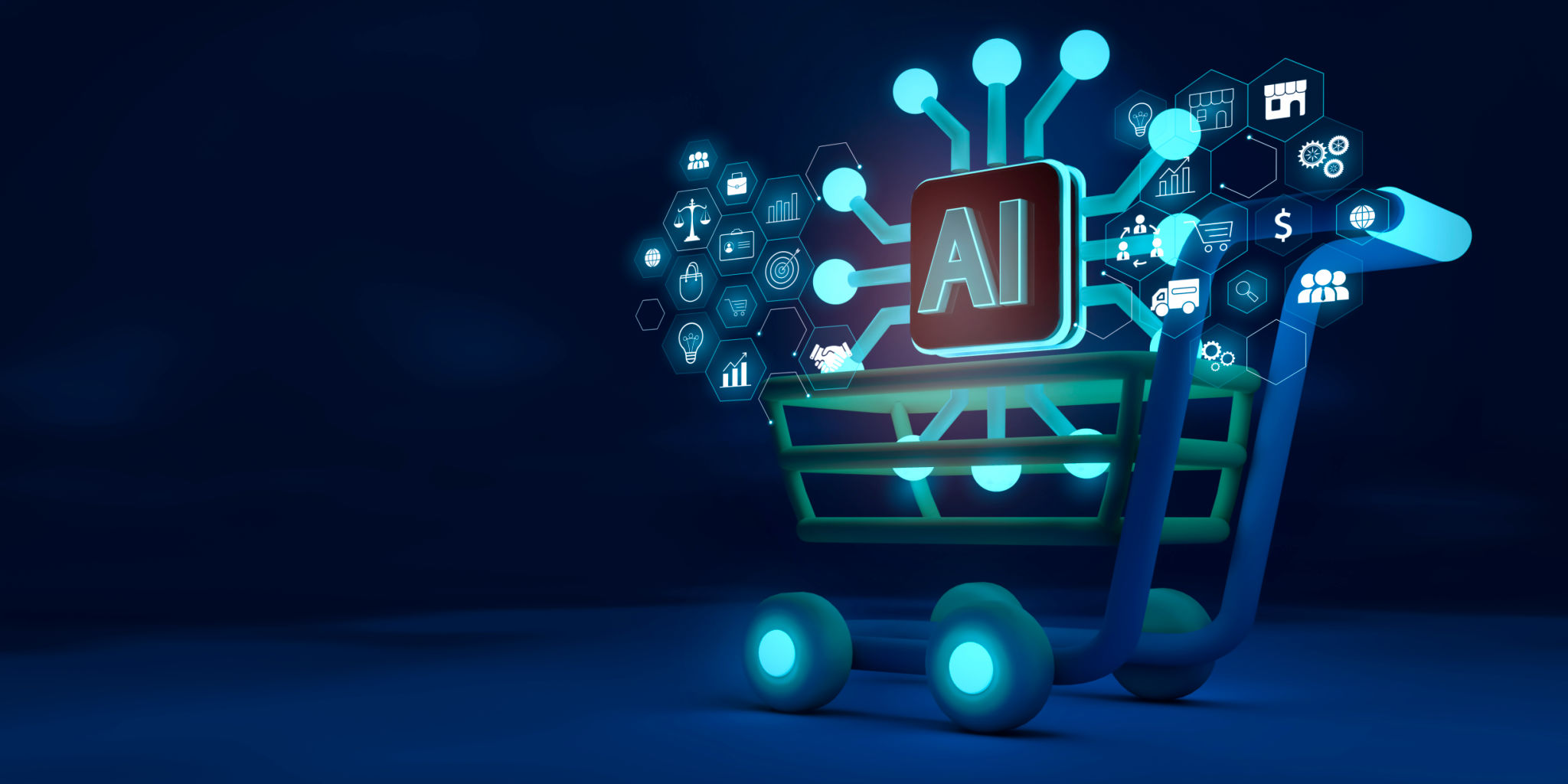Demystifying AI: Common Misconceptions and Real-World Applications
Understanding AI: What It Really Is
Artificial Intelligence (AI) is often portrayed in media and popular culture as either a futuristic utopia or a dystopian nightmare. However, the reality of AI is far more nuanced and practical. AI refers to the development of computer systems that can perform tasks typically requiring human intelligence, such as visual perception, speech recognition, decision-making, and language translation.
While the concept of AI can seem intimidating, it's important to understand that the current state of AI is not about creating sentient machines but about enhancing human capabilities and automating routine tasks. The true value of AI lies in its ability to process vast amounts of data quickly and accurately.

Common Misconceptions About AI
AI Will Replace All Jobs
A common fear is that AI will lead to massive job losses, but this is an oversimplification. While AI can automate certain tasks, it also creates new opportunities. For instance, AI has led to the emergence of jobs such as data scientists, AI specialists, and machine learning engineers.
Moreover, AI technologies can handle repetitive tasks, allowing humans to focus on more strategic and creative activities. This shift can lead to enhanced productivity and job satisfaction.

AI Is Infallible
Another misconception is that AI systems are always accurate and unbiased. In reality, AI systems are only as good as the data they are trained on. If the input data contains biases, the AI model will likely reflect those biases in its outputs.
It's crucial to ensure that data used for training AI models is comprehensive and unbiased. Continuous monitoring and updating of these systems are essential to maintain accuracy and fairness.
Real-World Applications of AI
Healthcare
AI has made significant strides in the healthcare sector. From diagnostic tools that analyze medical images to predictive models that forecast patient outcomes, AI is revolutionizing how healthcare providers deliver services. It enhances the precision and speed of diagnoses and helps in developing personalized treatment plans.

Finance
In the financial industry, AI tools are used for fraud detection, risk management, and personalized customer service. Algorithms can analyze transaction patterns to detect fraudulent activities more quickly than traditional methods. Furthermore, AI-driven chatbots provide round-the-clock assistance to customers, enhancing their banking experience.
Retail
The retail sector leverages AI for inventory management, customer insights, and personalized marketing. By analyzing consumer behavior data, retailers can make informed decisions about stock levels, product placements, and targeted advertising campaigns.
AI also powers recommendation engines that suggest products based on a customer's browsing history and preferences, leading to improved customer satisfaction and increased sales.

The Future of AI
The future of AI holds immense potential across various domains. As technology advances, we can expect more sophisticated applications that further integrate AI into our daily lives. However, responsible development and implementation are key to ensuring that AI serves humanity's best interests.
By understanding what AI truly is and dispelling common myths, we can better appreciate its capabilities and responsibly harness its power for a brighter future.
